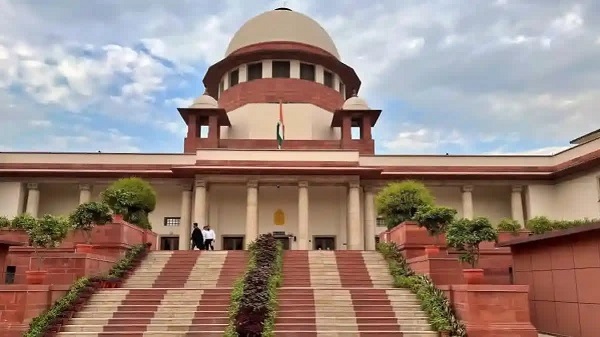Kolkata, 7th May. The Supreme Court, led by Chief Justice of India DY Chandrachud, grilled the West Bengal government today during a hearing on its appeal against a Calcutta High Court order to annul approximately 25,000 appointments made by the state school service commission.
Chief Justice Chandrachud began by questioning why the Bengal government created additional posts and hired waitlisted candidates when the selection process was already under legal challenge.
Senior Advocate Neeraj Kishan Kaul, representing the Bengal government, argued against the high court’s order, stating concerns about the legality of canceling all 25,000 appointments. He emphasized the importance of maintaining a balanced teacher-child ratio and criticized the court’s decision.
The Chief Justice also raised concerns about the destruction of OMR sheets and scanned answer sheets, questioning why proper security protocols weren’t followed. He further inquired about the commission’s responsibility in safeguarding digital copies of these documents.
Additionally, the court questioned whether the commission misled RTI applicants regarding the availability of data, expressing dismay over potential breaches in data security.
Senior Advocate Sanjay Hegde, representing the commission, highlighted the absence of evidence implicating the commission in any irregularities. He emphasized the impact of the cancellations on future recruitment and urged for a nuanced approach to segregate tainted and untainted candidates.
The Chief Justice sought clarification on the basis for segregating candidates, expressing concern over the cancellation’s impact on public trust and social mobility.
The Supreme Court had previously halted the high court order, directing the CBI to investigate government officials. However, it did not stay the cancellation of appointments.
The West Bengal government argues that the cancellations were arbitrary and disrupted the education system. The high court, in its ruling, cited constitutional violations and public interest concerns in justifying the cancellations.


Comments are closed.